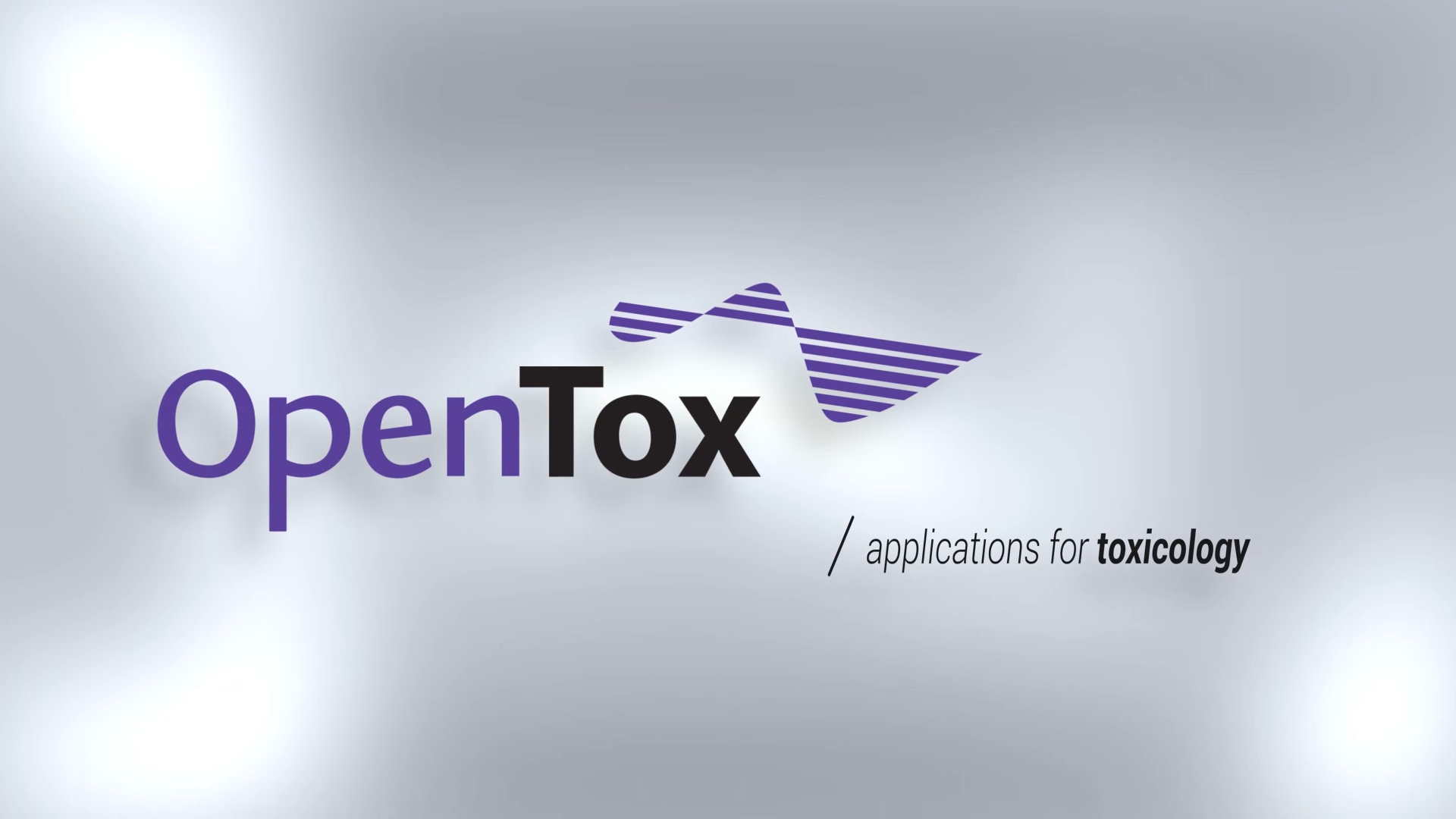Toxicology Resources and Tools - 2022
Covid-19 Vaccination Safety in the U.S: Descriptive and Predictive Analysis
Presented by Nemsa Mousa (OpenTox 2021 Intern)
From Dec 2020 and onward, The FDA has authorized three covid-19 vaccinations for emergency use against the Covid Pandemic. The three vaccines are Pfizer/BioNTech (Comirnaty®), Moderna (Spikevax®), and Janssen (J&J). Besides the mild side effects caused by covid19 vaccines in clinical trials, some rare, serious complications were reported after administering hundreds of millions of doses. This made the need for further investigation and safety assessment of significant impact. Our study aimed to implement descriptive and predictive analysis, using the covid-19 vaccine adverse events reporting system in the U.S (VAERS) as the source of data. We studied the entire range of reported side effects of the three authorized vaccines in the U.S. After that, we implemented multiple classifications of supervised machine learning methods to predict the recovery from the vaccines’ side effects. The results showed that some of the serious complications were reported after a few days of taking the vaccine, such as Myopericarditis, which was common in young male adults, and Guillain-Barré Syndrome, which was common in men of many ages. In comparison, Vaccine-induced Thrombotic Thrombocytopenia was reported more among women less than 50 years old, approximately one month after being vaccinated. Moreover, we found that the RandomForest classifier is the best model to classify the recovery outcome. This model framework will help the researchers predict the recovery of vulnerable populations and decide on which vaccine to take in each case to avoid any serious complications.
Nesma Mousa 1,2, Pranika Singh 1,3, Barry Hardy 1,3
- OpenTox Association Baermeggenweg 14, 4314 Zeiningen, Switzerland;
- Freie Universität Berlin; 3 Edelweiss Connect GmbH, Technology Park Basel, Hochbergerstrasse 60C, 4057 Basel, Switzerland
An Online Repository For Computational Toxicology Softwares And Databases
Presented by Daniel Ukaegbu (OpenTox 2021 Intern)
Animal testing has been the gold standard for the risk assessment for chemical over the years but is associated to both ethical and humane concerns. Both in silico and in vitro methods are emerging as non-animal alternatives as they are cheaper, more reproducible, faster and hold the potential to replace animal models to an extent. With the rising amount of computational tools for risk assessment, there is still a need for toxicologists and scientists in choosing the right tools for their research. Therefore, the aim of this project was to create a toxicology software and database repository to help toxicologists in selecting the right computational tool in a faster way. The current version of the repository contains 54 computational toxicology software. Out of which, 37% of the softwares are for quantitative structure activity relationship (QSAR) modeling, 14% are toxicology based databases, 9.25% are structure activity relationship (SAR) based softwares, 5.5% are chemical absorption, distribution, metabolism, excretion and toxicity (ADMET) prediction softwares and 1.85% are proteomics analysis based softwares. The remaining 23.15% softwares is a combination of QSAR and SAR, QSAR and database or ADMET and QSAR software, etc. The repository is hosted on EdelweissDataTM and integrated with the observable HQ notebook software to foster interaction and flexibility with users. Data analysis and visualizations were performed using python tools like matplotlib and JavaScript packages like D3.js. Also, the continuous advent of new and updating of existing computational softwares and databases require the continuous maintenance of this repository to provide the users with the most up to date resources.
Ukaegbu Daniel Chinwendu1,2, Pranika Singh 1,3, Barry Hardy 1,3
- OpenTox Association Baermeggenweg 14, 4314 Zeiningen, Switzerland;
- Micheal Okpara University of Agriculture Umudike;
- Edelweiss Connect GmbH, Technology Park Basel, Hochbergerstrasse 60C, 4057 Basel, Switzerland

